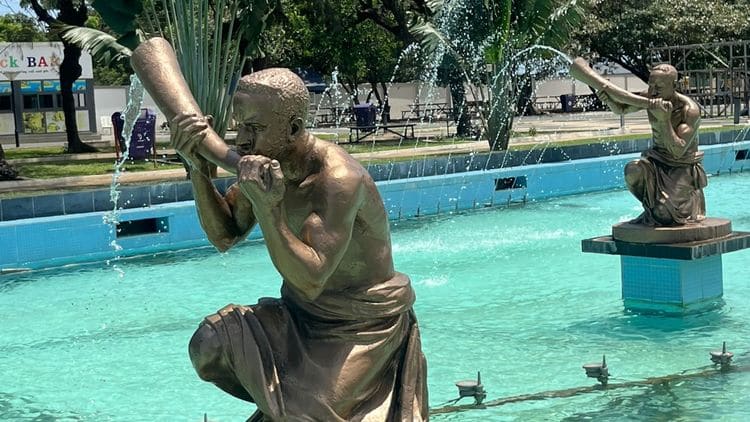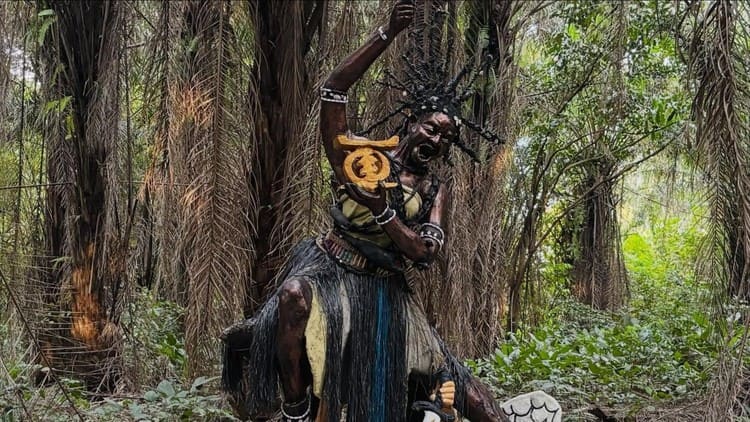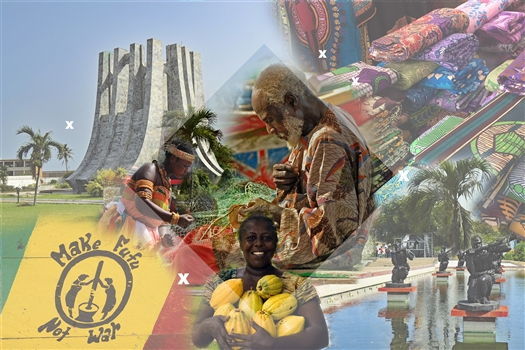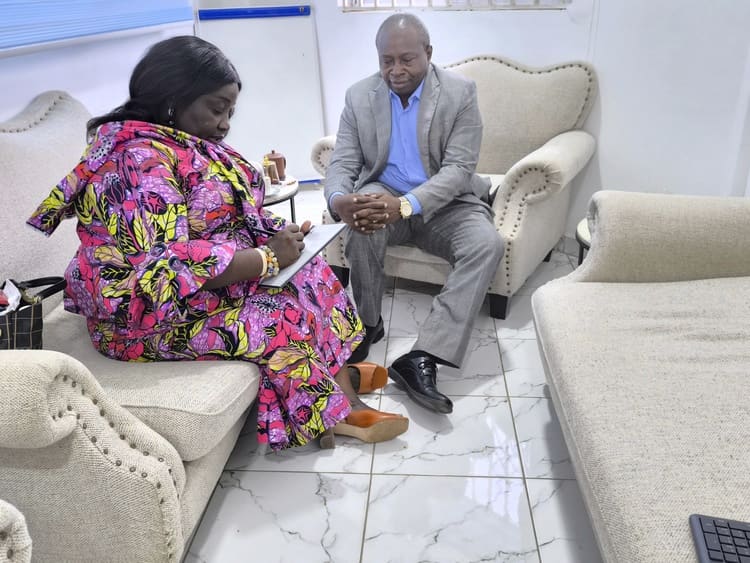Restoring Synergy Between Tourism and Creative Arts in Ghana
The Ministry of Tourism, Culture and Creative Arts carries a unique national mandate: to promote Ghana’s tourism assets while nurturing the country’s creative potential. These two sectors - though closely linked - require deliberate and balanced attention if they are to deliver the jobs, revenue, and global visibility Ghana seeks. In recent years and over the past few months, however, a growing concern has surfaced within industry circles: the creative arts appear to be receiving far more emphasis, energy and investment than tourism and hospitality, despite the latter being a major economic driver with untapped potential.
This imbalance does not mean the creative sector does not deserve support. Far from it. Ghana’s music, film, festivals, fashion and artistic expression are powerful ambassadors for the country. Creative arts shape identity, empower young talent and contribute to cultural diplomacy. What is seemingly missing is a proportionate focus on the tourism and hospitality sector - the space that converts cultural appeal into actual travel numbers, international spending and expanded job opportunities.
Tourism as an Economic Engine
Tourism has demonstrated time and again that it can be a transformative engine for the Ghanaian economy. With attractions ranging from pristine beaches to wildlife sites, heritage monuments, festivals, and culinary experiences, Ghana has all the ingredients to become a top destination. However, tourism cannot flourish on potential alone. It requires:
- Consistent and intentional marketing (both domestic and international),
- Improved visitor experience at all levels,
- Strong domestic tourism campaigns (tourism education),
- Investment in hospitality training and skills development,
- Upgraded infrastructure and regulatory reforms,
- Research and reliable data.
When these elements are overshadowed by activities in the creative sector, the tourism ecosystem becomes less competitive and less visible.
The Creative Arts Momentum - and the Gap It Leaves
The creative sector has enjoyed strong attention in public messaging, policy advocacy and national events. Major festivals, film initiatives and celebrity - driven programmes have dominated headlines. This momentum is positive - but it has inadvertently created the perception that tourism is becoming the “silent partner” in a ministry meant to champion both.
Even though tourism and hospitality contribute significantly to GDP and employment, the public narrative rarely reflects this contribution. Many players in hotels, tour operations, destination management, academia, trade associations, etc. feel that their sector is not receiving the same promotional push.
Why Balance Matters
Without a strategic balance between the two pillars of the ministry, Ghana risks losing opportunities in both areas. Creative arts draw attention, but tourism converts attention into economic impact. Creative industries inspire, but tourism moves people. Both sectors thrive best when they are promoted together, not separately or unequally.
A ministry with a triple mandate - tourism, culture, and creative arts - must show equal commitment to the growth of all three. This includes ensuring that tourism promotion campaigns are as visible as creative projects, and that tourism infrastructure development receives the same urgency as creative festivals and award shows.
A Path to Restoring Balance
To strengthen synergy and restore balance, the ministry/GTA can consider:
- Launching a dedicated national tourism marketing strategy that runs parallel to creative arts campaigns.
- Investing in tourism infrastructure and hospitality capacity-building, especially in underserved regions.
- Engaging private-sector tourism operators more actively to co-create solutions and opportunities. Public Private Partnership Forum (PPPF) must be enforced.
- Ensuring equitable media visibility for tourism announcements, events and international promotions.
- Linking creative arts events intentionally to tourism packages, turning concerts, festivals and film premieres into travel attractions.
Conclusion
Ghana stands at an important moment. With global interest in African destinations rising, and the creative sector enjoying newfound respect worldwide, the ministry has an opportunity to position the country as both a cultural powerhouse and a world-class tourism destination.
To do that, balance is essential. Creative arts should shine - but not at the expense of tourism. Tourism should lead in economic value - but not overshadow the cultural heartbeat of the nation. When both sectors move forward together, Ghana wins.
Founding President, Africa Tourism Research Network (ATRN) and CEO Pishon Consult Ltd.
Tel. no. +233261128507 / Email: efrimpong1@gmail.com

My name is Marcel van Bussel and I am one of the driving forces behind the I-TRVL and GhanaTRVL platforms with a passion for Africa, its natural beauty and tourism potential.










Comments